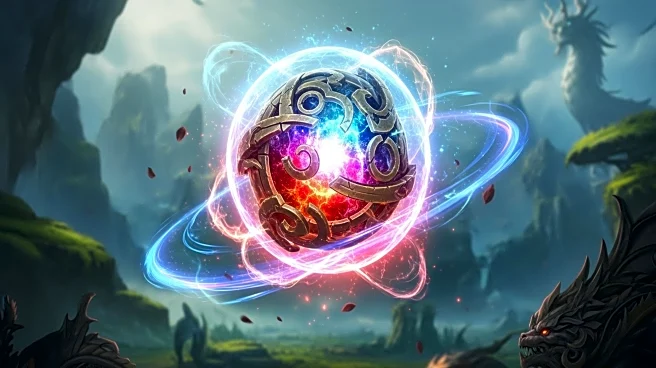What's Happening?
The release of 'Pokémon Legends: Z-A' has reignited discussions about its predecessor, 'Pokémon Legends: Arceus,' and its portrayal of historical Japan. Set in a fictionalized version of Hokkaido during
the late 1800s, the game has been criticized for its depiction of the Ainu people and the colonization of Hokkaido. While the game highlights Ainu culture, it has been noted for glossing over the historical realities of colonization and cultural assimilation faced by the Ainu.
Why It's Important?
The controversy surrounding 'Pokémon Legends: Arceus' highlights the challenges of representing historical events in popular media, especially in a family-friendly context. The game's portrayal of the Ainu and the colonization period raises important questions about cultural sensitivity and historical accuracy. As video games continue to explore diverse narratives, developers face the responsibility of balancing entertainment with respectful and accurate representations of history. This discussion is crucial as it influences how future games might approach similar themes.
Beyond the Headlines
The game's setting during a tumultuous historical period offers an opportunity for players to engage with and learn about lesser-known aspects of Japanese history. However, the simplification of complex historical events for a younger audience can lead to misunderstandings or perpetuation of stereotypes. The dialogue around 'Pokémon Legends: Arceus' serves as a reminder of the power of video games as educational tools and the importance of thoughtful storytelling.









